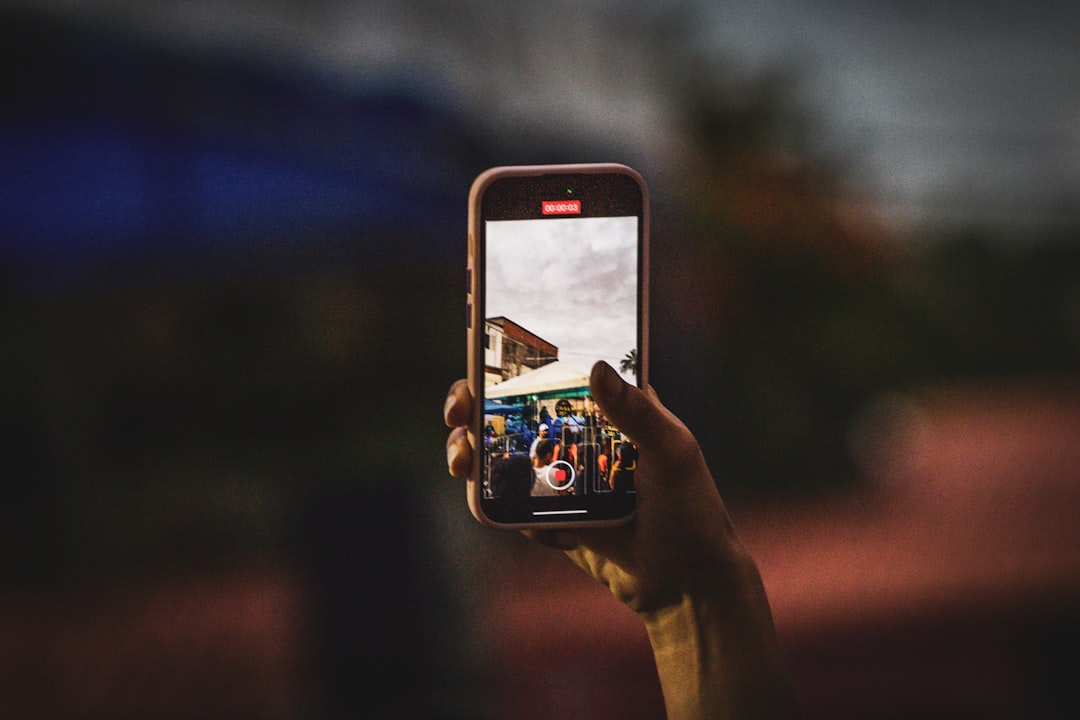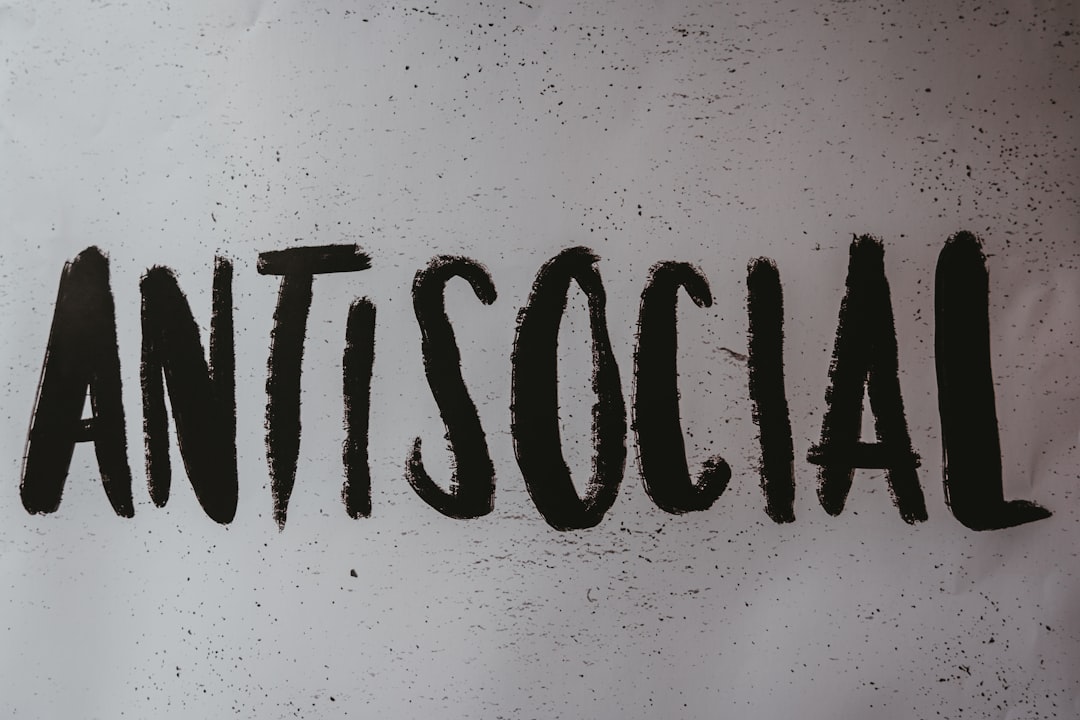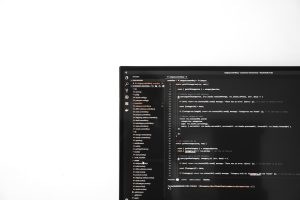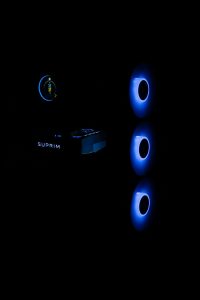
In today’s fast-paced online world, we’re constantly confronted with acronyms, abbreviations, and slang. Whether it’s texting friends, scrolling through Twitter, or participating in Reddit threads, the online language evolves at lightning speed. One such term that has caught the attention of many is “WBK.” But what does WBK mean online? If you’ve seen it in tweets, comments, or memes and scratched your head in confusion, this complete guide will help you understand everything about WBK, its uses, origins, and how to use it yourself.
What Does WBK Mean?
WBK stands for “We Been Knew.” It’s a phrase primarily used in internet culture to express that something is already known or that a fact or opinion is unsurprising. It’s often used sarcastically or with a touch of sass to emphasize that the speaker (and usually others) have known or believed something for a while already.
Breaking Down the Phrase
The full phrase “We Been Knew” might sound grammatically incorrect—and technically, it is. However, online slang often bends grammar rules for the sake of style or emphasis. In this case, “been” and “knew” are both past-tense verbs, which isn’t proper in standard English. But in internet lingo and African American Vernacular English (AAVE), the usage of “been” as an auxiliary verb can be a marker of time emphasis, conveying long-standing knowledge or awareness.
So, when someone says “WBK,” they’re essentially saying, “We’ve known this for a long time,” usually with a sense of emphasis or validation of a broadly accepted truth.
Examples of WBK in Everyday Use
Understanding how WBK is used in context is key to integrating it into your own vocabulary. Here are a few common scenarios:
- Friend: “Did you hear that that new series on Netflix is amazing?”
You: “WBK! Everyone’s been talking about it.” - Social Media Post: “Breaking news: Celebrities get better treatment in court.”
Comment: “WBK 🙄” - Colleague: “Beyoncé is an incredible performer.”
You: “WBK. Queen behavior.”
In these examples, you can see how WBK is often used either to affirm an obvious truth or to add a layer of irony or sarcasm to the conversation.
Where Did WBK Come From?
WBK originated from African American Vernacular English (AAVE), where the phrase “been knew” has been part of the spoken tradition for quite some time. Over the years, as internet culture intersected with Black Twitter, memes, and other social platforms, the expression evolved into “We Been Knew,” eventually being shortened to “WBK.”
Platforms like Twitter and TikTok helped popularize the acronym, where character limits and fast-paced interactions favored short and snappy language. As with many internet slang phrases, WBK spread through viral tweets, reaction videos, and meme culture.

How to Use WBK Appropriately
While WBK is trendy and widely understood in many online communities, it’s essential to use it in the right context. Here’s how to do it correctly:
- Keep it casual: WBK works best in informal texts, chats, social media posts, or memes. It’s not suitable for professional or academic settings.
- Use it for known truths: Use WBK to express that something is widely accepted or obvious within your group or community.
- Don’t overuse it: Like any slang term, overusing WBK can make it lose its effect. Use it when it adds personality or emphasis.
- Understand the cultural roots: Acknowledge that WBK comes from AAVE. Understanding and respecting its origins can help you use it more thoughtfully.
How WBK Differs From Similar Slang
The digital world is full of acronyms that carry a similar tone or meaning. Let’s look at how WBK differs from a few related slang terms:
- “No cap” – This means “no lie” or “for real.” While both phrases affirm a truth, “no cap” establishes credibility, whereas WBK emphasizes prior knowledge.
- “Lowkey/Highkey” – These terms suggest intensity or subtlety. They’re more about how strongly or openly someone feels than whether the info was already known.
- “Periodt” – Used to reinforce what was just said with finality. “Periodt” can pair well with WBK to double down on a known truth.

WBK Across Social Media Platforms
One of the reasons WBK has gained such popularity is because of how easily it fits into the flow of casual conversation across various platforms. Here’s how it typically appears on some of the most popular social media channels:
- Twitter: With its character limit, WBK is a perfect acronym to use in commentary tweets or quote tweets when reacting to well-known facts.
- TikTok: WBK often appears in captions, comments, or even hashtags to affirm a wildly relatable scenario or obvious truth depicted in the video.
- Instagram: In comments or captions, WBK is used to highlight a photo or statement that requires no explanation—people already understand the context.
- Reddit: Though less common, WBK can appear in meme subreddits or discussion threads where obvious truths are being debated or joked about.
Why People Love Using WBK
Language is a powerful tool, and online language doubly so because it helps us quickly establish community, tone, and emotion. Here are a few reasons why people love using WBK:
- Expressive impact: WBK adds flair and emotion that a simple “we know” doesn’t have.
- Sense of community: Saying WBK implies “we” are in on something together, creating a sense of shared understanding and camaraderie.
- Viral appeal: Its catchy sound and short form make it perfect for memes and viral content.
- Flavor of sarcasm and sass: WBK is often used with a knowing smirk—perfect for the internet’s love of sarcasm.
Potential Criticisms of Using WBK
As with many phrases that originate from specific cultures or communities, the widespread adoption of WBK hasn’t been without criticism. Here are some important considerations:
- Cultural appropriation: WBK emerges from AAVE, a dialect rooted in African American culture. Non-Black speakers using this term without understanding its background can unintentionally appropriate the language.
- Overuse in branding: Some companies try to adopt such phrases to appear “relatable,” but it can often appear inauthentic if not used appropriately.
The bottom line? If you choose to use WBK, do so with respect and understanding of where it comes from and how it fits into broader cultural conversations online.
Conclusion
From humble beginnings in conversational vernacular to becoming a staple of online culture, WBK has arrived as a punchy, powerful way to say “we already know.” Whether you’re reacting to a headline, commenting on a viral post, or sharing your take on pop culture moments, WBK can be your go-to acronym for channeling both sass and shared knowledge.
As long as you use it in the right context—respectfully and meaningfully—you’ll find that incorporating WBK into your digital vocabulary can add a whole new layer of expression. Next time someone points out something obvious, just smile and say… WBK.







